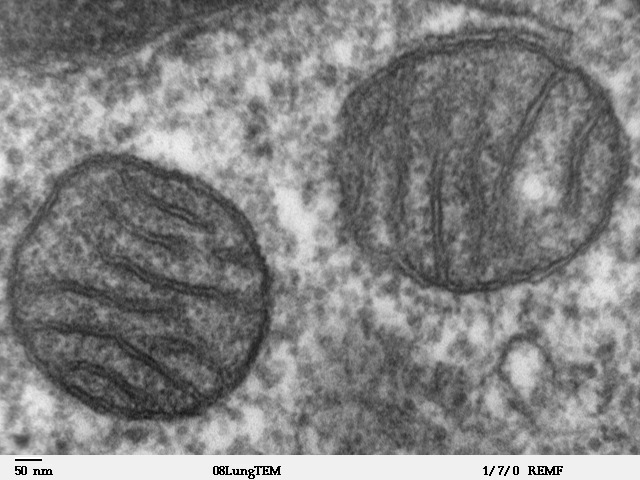The effects of depression can leave a physical imprint in cells, Scientists have discovered.
 Depression is one of the most common mental disorders, with at least one person in five experiencing symptoms at any one time.
Depression is one of the most common mental disorders, with at least one person in five experiencing symptoms at any one time.
Now, scientists working at the University of Oxford have shown that rather than just being a mood disorder, it may also have measurable physical effects.
By comparing DNA from saliva samples from 6,000 people suffering from depression with those of a similarly sized group without the disorder, the researchers had hoped to isolate tell-tale genetic signs that could be linked to depression.
Unexpectedly, they found a strong association between the severity of depression and the levels of a specific type of genetic material known as mitochondrial DNA.
Mitochondria are compartments that exist in most human cells that act as the energy source for the cell. Whilst the majority of the genetic information in cells is found in the nucleus, the mitochondria have their own independent genome, which can be detected by a process called sequencing.
The link between mitochondrial DNA and severity of depression came as surprise to the team, who made the discovery by chance whilst verifying the quality of their data.
"When somebody is depressed, what seems to happen is that the amount of mitochondrial DNA goes up. The higher levels of mitochondria are dependent on someone being in the depressed state," explained Na Cai, one of the lead authors of the study.
Stress has previously been shown to cause a predisposition to depression, so the team wanted to discover if these genetic changes were specifically related to depression or stress.
By investigating the effects of stress on mice, they were able to show that whilst stress did cause these genetic changes, they were reversible when the source of stress was removed. In comparison, in people suffering from depression, these genetic changes could be seen to persist, even long after stressful events.
The team hope that their work can add to our understanding of the nature of depression. "In future we would like to tease out the relationship between mitochondrial levels and depression, to find out what has caused these higher levels in the first place," explained Cai.
This could have exciting implications for the treatment and diagnosis of the disease. "It may be possible to measure patient mitochondria and use that as an assessment to see if the treatment works, but many more studies required", Cai suggests.
- Previous Growth factor spinal nerve regrowth
- Next Sexing the Stegosaurus










Comments
Add a comment